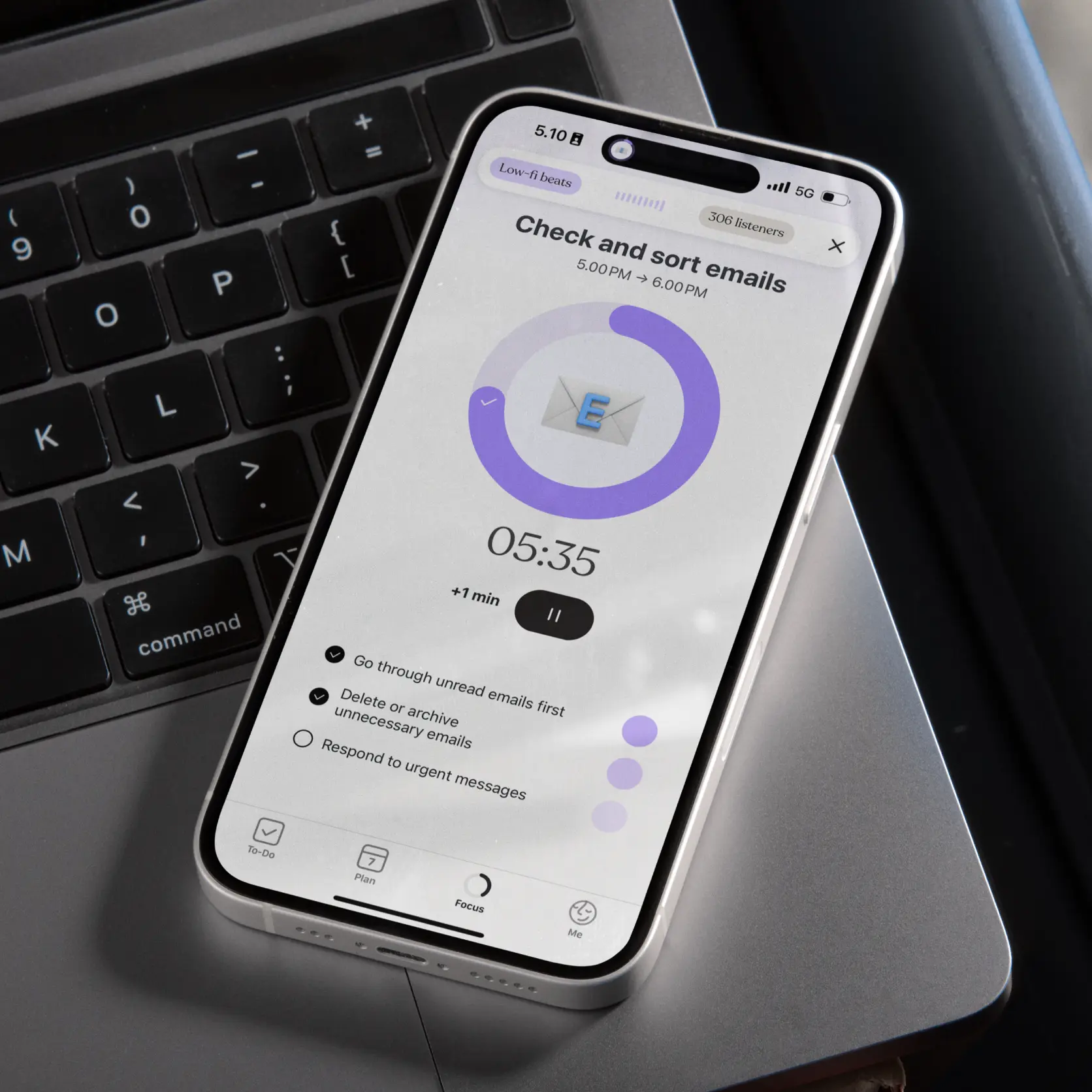As a Black person living with Sickle Cell Disease, I cannot emphasize enough how vital blood donors are to our survival. They represent a literal lifeline that keeps thousands of people with SCD alive and functioning, providing one of the most direct ways to support our community during moments when our health hangs in the balance.
Understanding Sickle Cell Disease
Sickle Cell Disease is a genetic blood disorder that fundamentally alters how red blood cells function throughout the body. Instead of maintaining their normal round, flexible shape that allows smooth movement through blood vessels, these cells take on an abnormal, crescent or "sickle" shape that makes them rigid and sticky. These misshapen cells clump together and create blockages that disrupt normal blood flow and oxygen delivery to vital organs.
This cellular malfunction leads to a wide range of serious complications, but the most intense and common experience is what we call a Sickle Cell Crisis. These are excruciating episodes caused by blocked blood vessels that can result in emergency hospitalizations and extended recovery periods that dramatically impact daily functioning for weeks or months.
SCD primarily affects people of African descent, with approximately one in every 365 Black babies born with the condition in the United States. In the UK, SCD is the most common inherited blood disorder, affecting around 15,000 people, with the vast majority being of African or Caribbean heritage. The condition affects approximately one in 2,000 births overall in England, but this rises dramatically to one in 300 births among people of African or Caribbean descent.
The genetic trait that causes SCD originally provided protection against malaria in regions where the disease was endemic, which explains why it's most common among people whose ancestors came from Africa, the Mediterranean, Middle East, and parts of India. However, this evolutionary advantage becomes a serious health challenge when inherited from both parents.
Despite affecting hundreds of thousands of people worldwide, SCD remains significantly underfunded and under-researched compared to other genetic conditions. This disparity reflects broader systemic inequities in healthcare and medical research that have historically marginalized conditions primarily affecting Black communities, contributing to delayed diagnoses, inadequate pain management, and limited treatment options.
How blood donors literally save lives
Blood transfusions can drastically reduce both the frequency and severity of symptoms for people with SCD. Red cell exchange involves using a specialized machine to remove sickled cells and replace them with healthy donor cells, typically occurring every four to eight weeks as preventive care. Simple blood transfusion adds donor blood during acute crises when red blood cell levels drop dangerously low.
Having received both types of transfusions throughout my life, I can speak personally to how transformative these interventions are. I remember one particular transfusion that felt like experiencing a complete physical reset, easing debilitating crisis symptoms and preventing the kind of deterioration that could have led to permanent organ damage or stroke.
Blood compatibility extends far beyond basic ABO matching to include complex genetic factors that influence how well a recipient's body accepts donor blood. Around 55% of Black people carry the Ro subtype, a rare blood characteristic that proves particularly beneficial for treating SCD complications. Unfortunately, there's a widespread shortage of Ro subtype donations in blood supplies worldwide, creating urgent gaps in care for patients who need regular transfusions.









